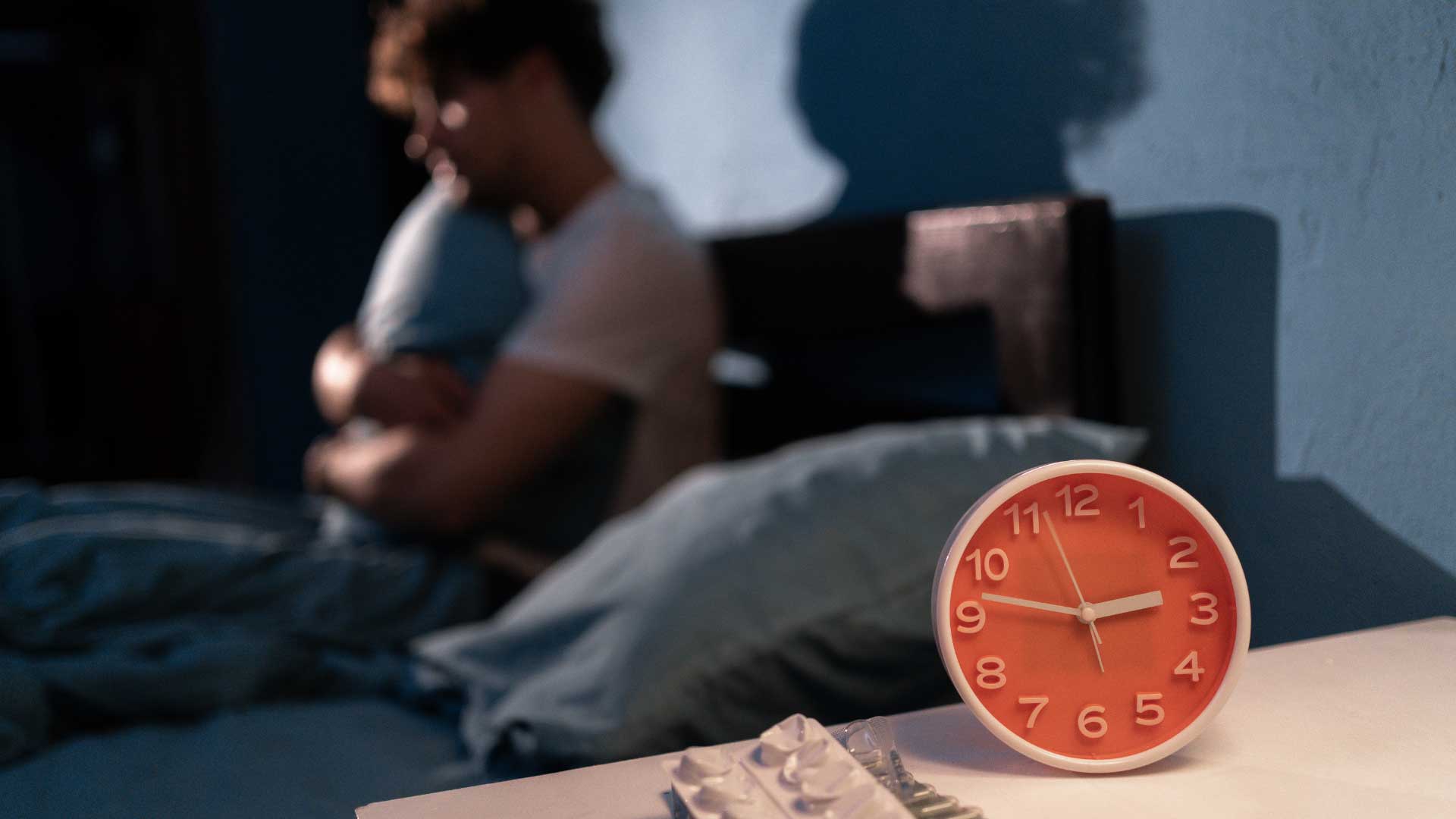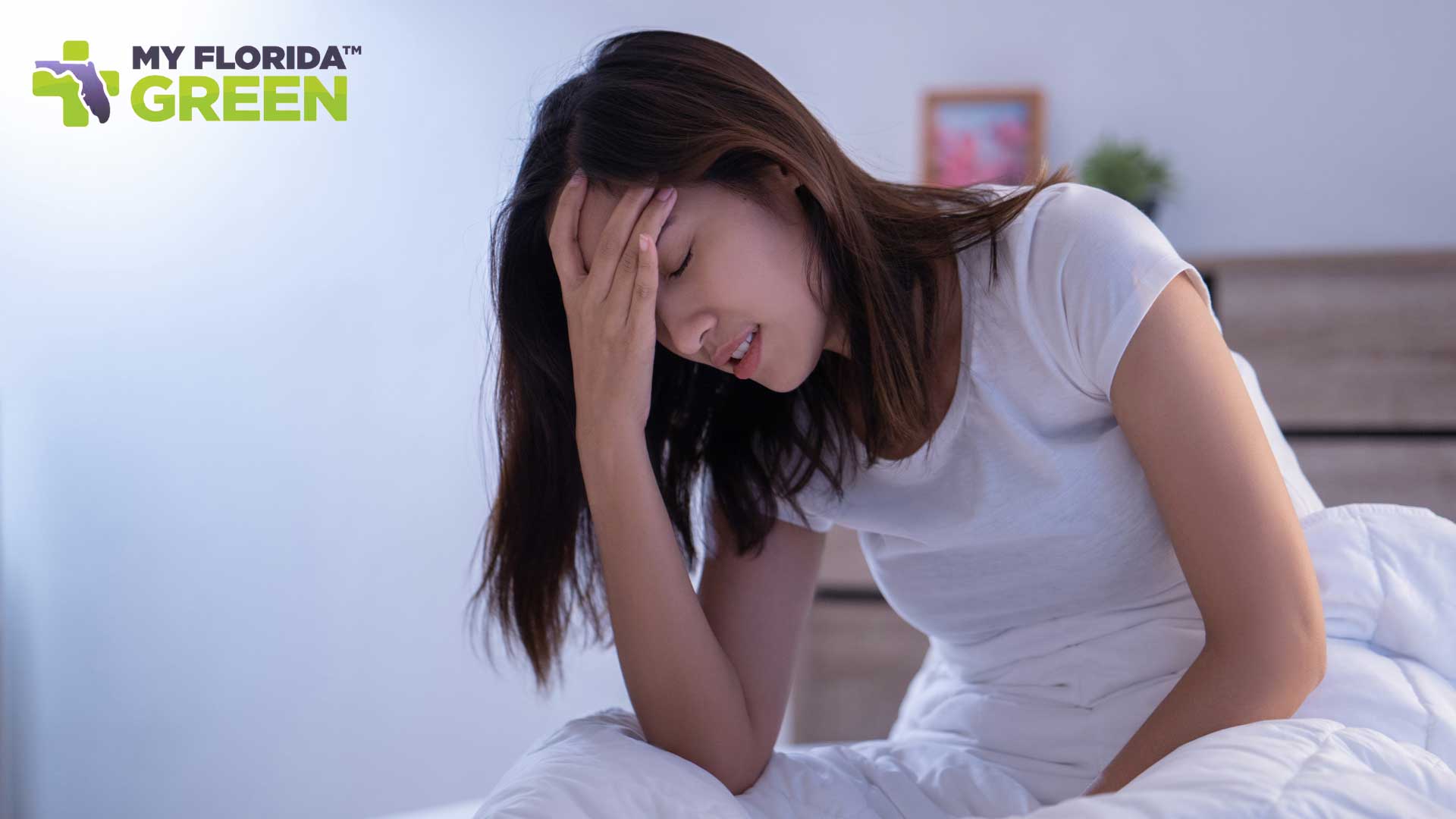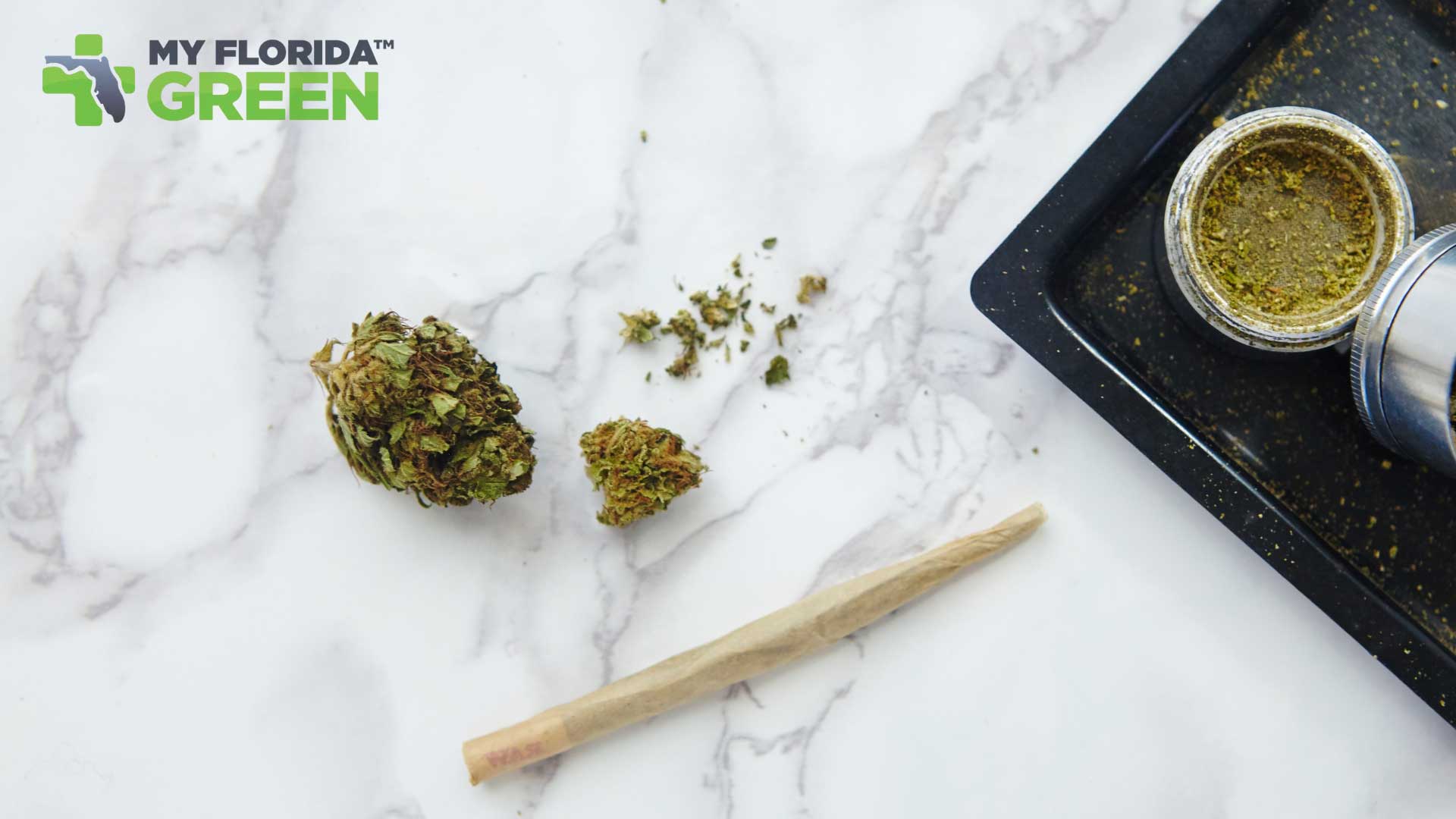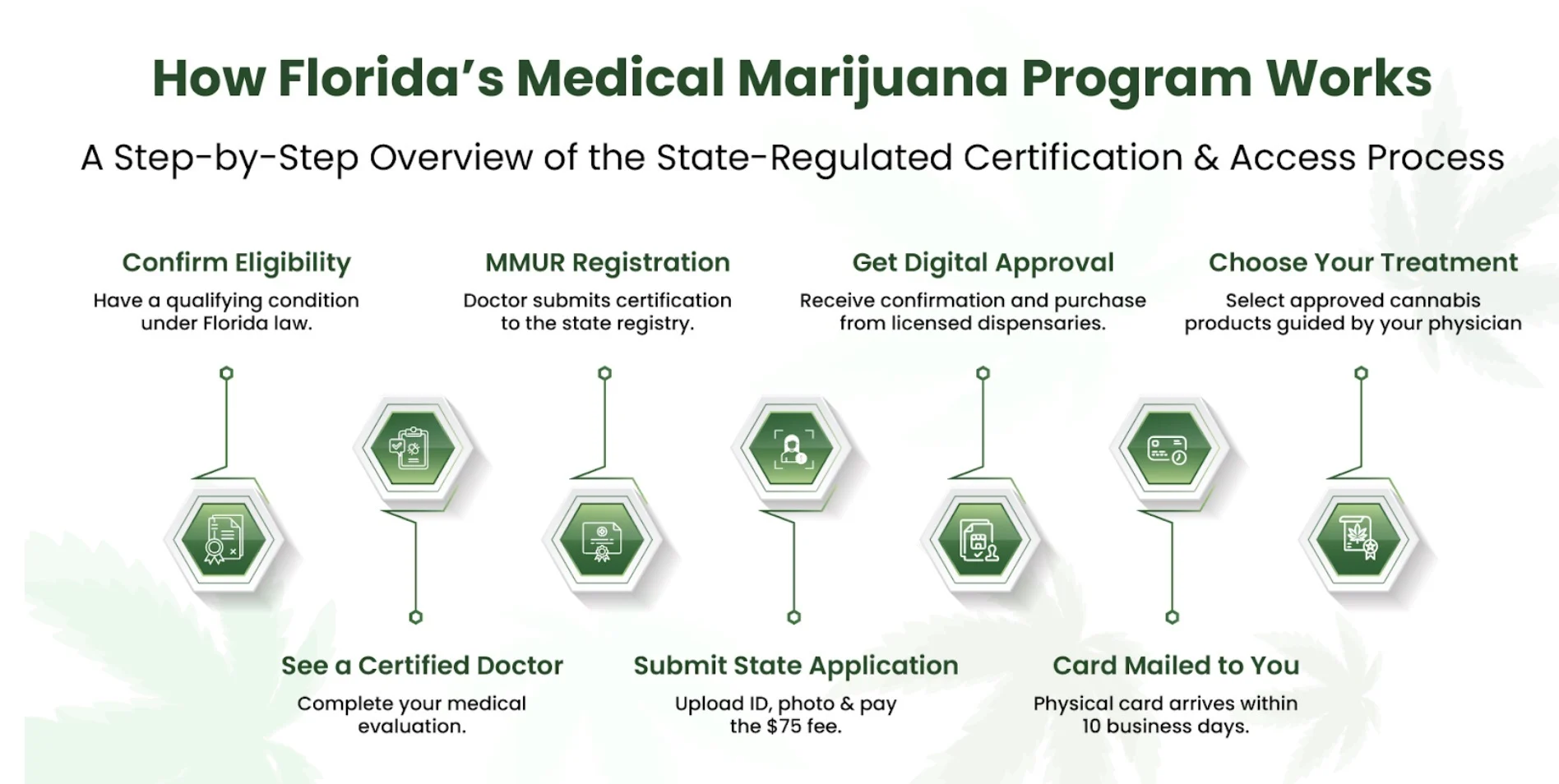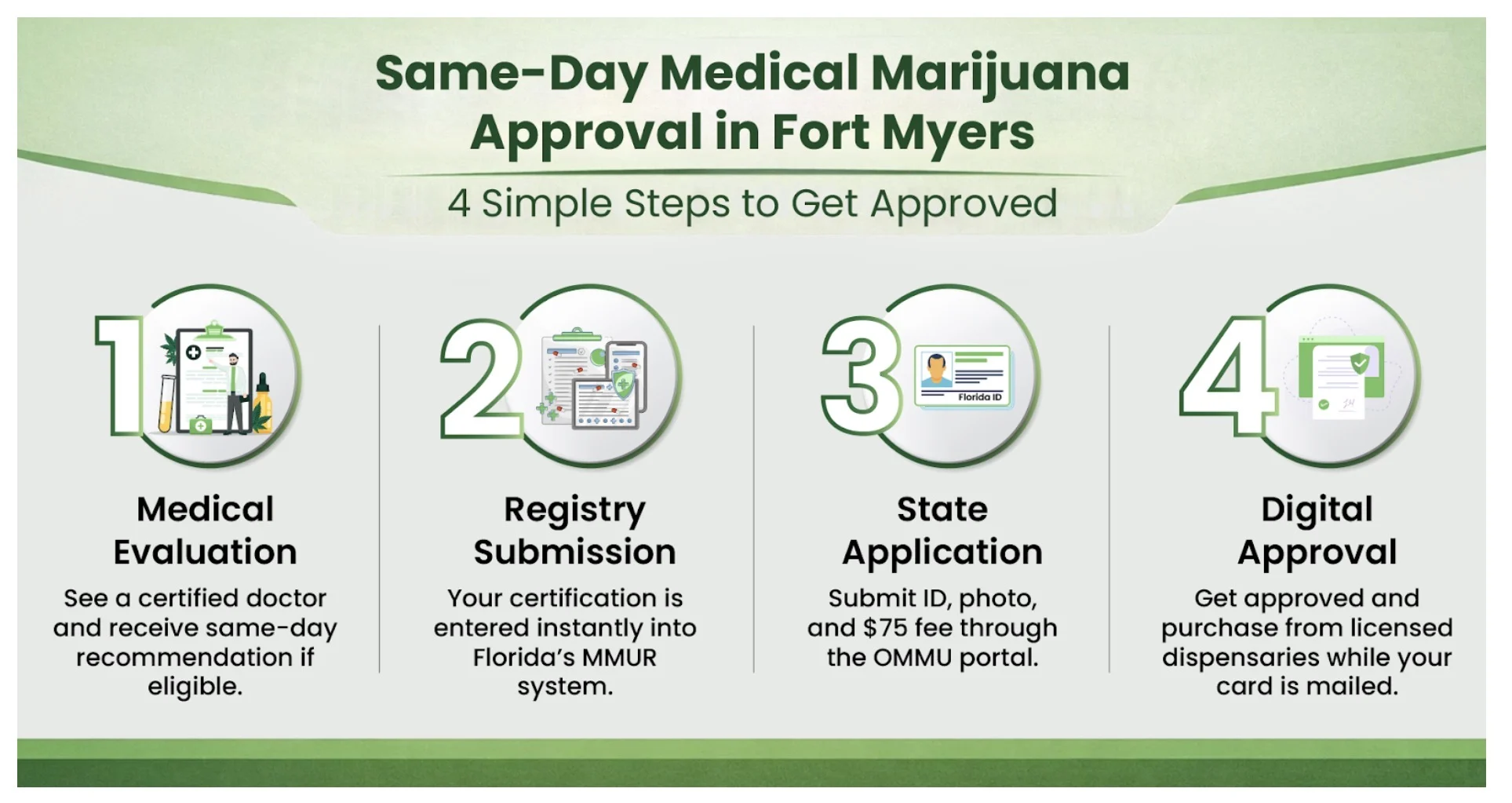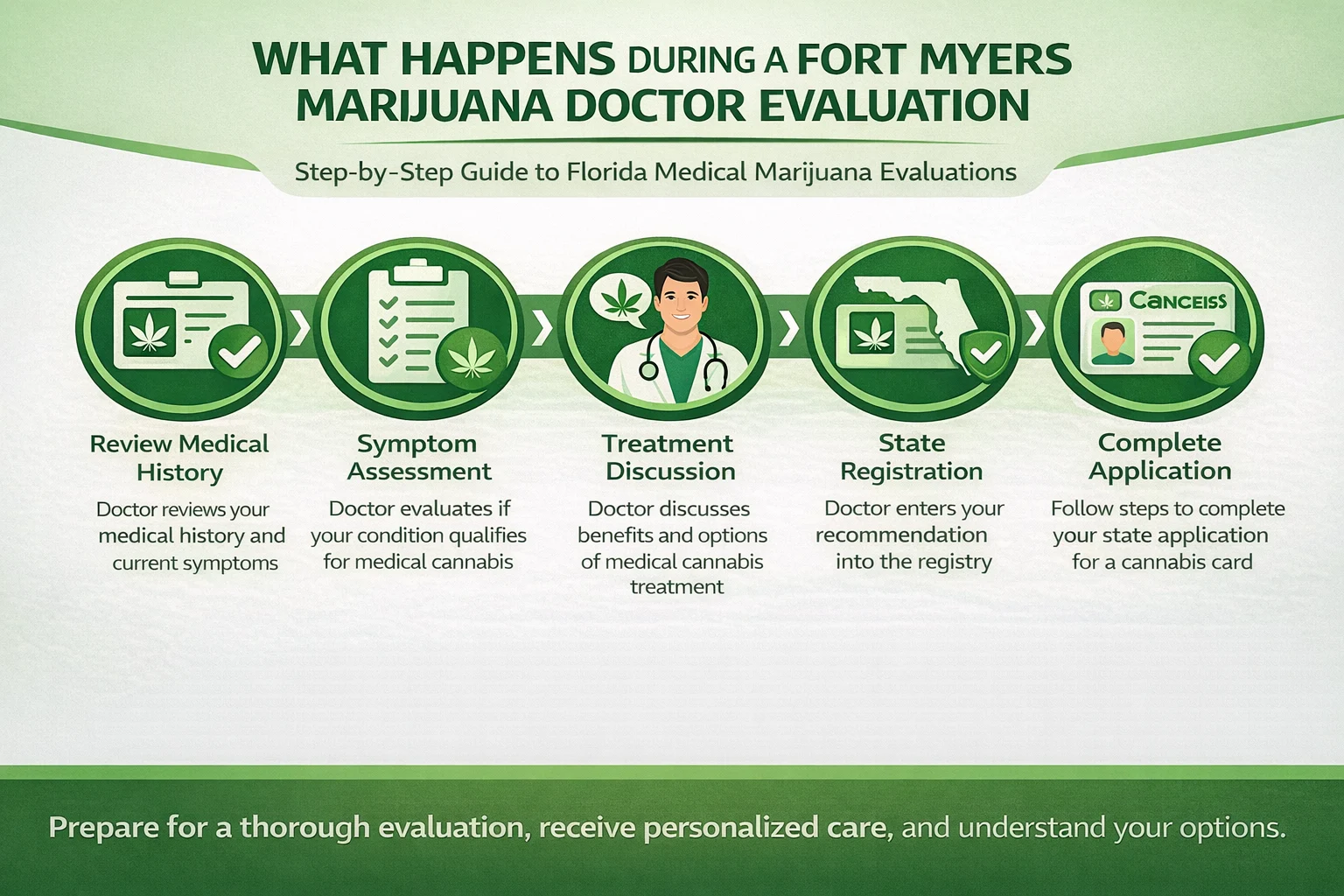Medical marijuana derived from Cannabis sativa plant is becoming popular as an alternative drug in contemporary healthcare practices. Cannabis contains substances or active compounds known as cannabinoids. They have bodily effects that can ease specific health problems. THC can influence the brain receptors to alter mood, behavior, and thoughts whereas CBD is pain-relieving in nature. According to marijuana laws in Florida, patients with certain health disorders such as insomnia can use medical marijuana. However, one must get a medical marijuana card Sarasota for lawful cannabis use.
This article will explain the use of medical marijuana for managing insomnia. We will also highlight the importance of a medical marijuana doctor for the appropriate dose.
Understanding insomnia: An Overview
Insomnia is characterized by difficulty falling asleep, staying asleep, or experiencing poor-quality sleep. This lack of sufficient sleep can lead to various daytime impairments, including fatigue, difficulty concentrating, and irritability.
Sleeplessness is a minor annoyance for some people. For some, sleeplessness can cause significant disruptions. The causes of sleeplessness can also differ greatly.
Individual differences in sleep requirements and habits might be significant. Due to these variances, specialists view a broad spectrum of sleep traits as “normal.” Some instances of this are as follows:
- For some people, going to bed and waking up early is a natural preference.
- Late risers and night owls: Some people like to sleep in and wake up later.
- Sleeping less than others is a normal necessity for some people. According to research, that might even have a genetic component.
Types of insomnia
Professionals categorize insomnia into two main types: chronic and acute.
1. Chronic insomnia
It is a long-term condition that causes persistent difficulty falling asleep or staying asleep.
2. Acute insomnia
It is a short-term sleep disturbance that typically arises due to specific stressors or life events.
Both acute and chronic sleeplessness are extremely prevalent. Research shows that approximately 10% of persons globally fit the criteria for insomnia disorder, while 1 in 3 adults experience symptoms of insomnia.
- When you have initial (sleep onset) insomnia: you struggle to fall asleep.
- When you have middle (maintenance) insomnia: With over two-thirds of insomnia sufferers having it, it is the most prevalent type.
- Late (early awakening) insomnia: This type of insomnia occurs when you rouse too early and are unable to settle back down.
- Chronic insomnia: To be diagnosed with chronic insomnia, you must have insomnia that isn’t made worse by events in your life or changes in your work routine.
Symptoms of insomnia
Insomnia frequently results in symptoms that can impact you during the day. These can include:
- Experiencing fatigue, illness, or drowsiness.
- Slow reactions, like sluggishly responding when driving.
- Having memory problems.
- Dizziness, slowed thinking, or difficulty focusing.
- Anxiety, depression, and irritability are among the mood disturbances.
- Additional interruptions to your professional, social, recreational, or other daily routines.
Risk factors associated with insomnia
Sleep deprivation results when insomnia is severe or persistent. One of the main issues with sleep deprivation is daytime drowsiness, which can be hazardous when driving or performing other activities that require alertness and focus. Poor sleep patterns can lead to other disorders such as:
- Hypertension
- Anxiety and depression.
- sleep apnea.
- Diabetes type 2.
- Obesity
- increased risk of heart attack
- Conditions where psychosis is present
Conventional treatment
Short-term insomnia, which is frequently brought on by stress or travel, normally goes away after the stress is gone or your body has adapted to the new routine. The short-term usage of prescription sleep aids could be beneficial.
To find the underlying cause of chronic insomnia, which interferes with sleep for long periods of time, may require a comprehensive physical examination, changes to certain lifestyle choices, medical care, and possibly psychotherapy. Treatment is crucial for any issue causing symptoms of sleeplessness. Moreover, managing the symptoms of insomnia alone won’t help if the underlying cause is not addressed.
In order to manage insomnia, people usually use sleep aids, cognitive behavioral therapy, or a combination of the two. For some people, positive lifestyle adjustments may also reduce symptoms. However, no “best treatment” exists for insomnia. The specific treatment recommended for a patient with insomnia will depend on whether their condition is chronic or short-term, as well as their overall medical history.
Treatment with Medical marijuana for Insomnia
In some cases, conventional treatment methods for insomnia may seem insufficient. Under such circumstances, patients can consider medical marijuana as a natural medicinal drug for insomnia. Cannabis’s relaxing and anxiolytic effects on the body and mind can aid with insomnia brought on by anxiety.
Additionally, it can help ease pain and enable the patient to obtain the necessary restful sleep hours, which can help with pain-induced insomnia.
Clinical Trial Evidence
Based on a study of 38 patients, it was found that medical cannabis was effective in improving sleep quality and reducing reliance on prescription sleep medications. The majority of patients reported positive outcomes with minimal side effects.
However, it must be noted that medical cannabis research as a sleep aid is still in its early stages. Moreover, researchers are unsure if long-term cannabis usage is ultimately good or bad for sleep quality, but it may aid with insomnia when used infrequently.
In the Sunshine State, MMJ doctors can aid those looking for natural ways to cope with insomnia among other qualifying illnesses. Thus, you must locate a doctor in your area before taking medical cannabis.
Conclusion
Insomnia is a distressing health issue that requires attention and treatment. Medical marijuana has shown promise as a reliable drug alternative to manage insomnia. However, the effects of MMJ on the body require further investigation. If you are willing to utilize medical marijuana for insomnia, you must talk to MMJ experts at My Florida Green. We can guide you to get your medical marijuana card Sarasota for safe and effective use of medical marijuana.

